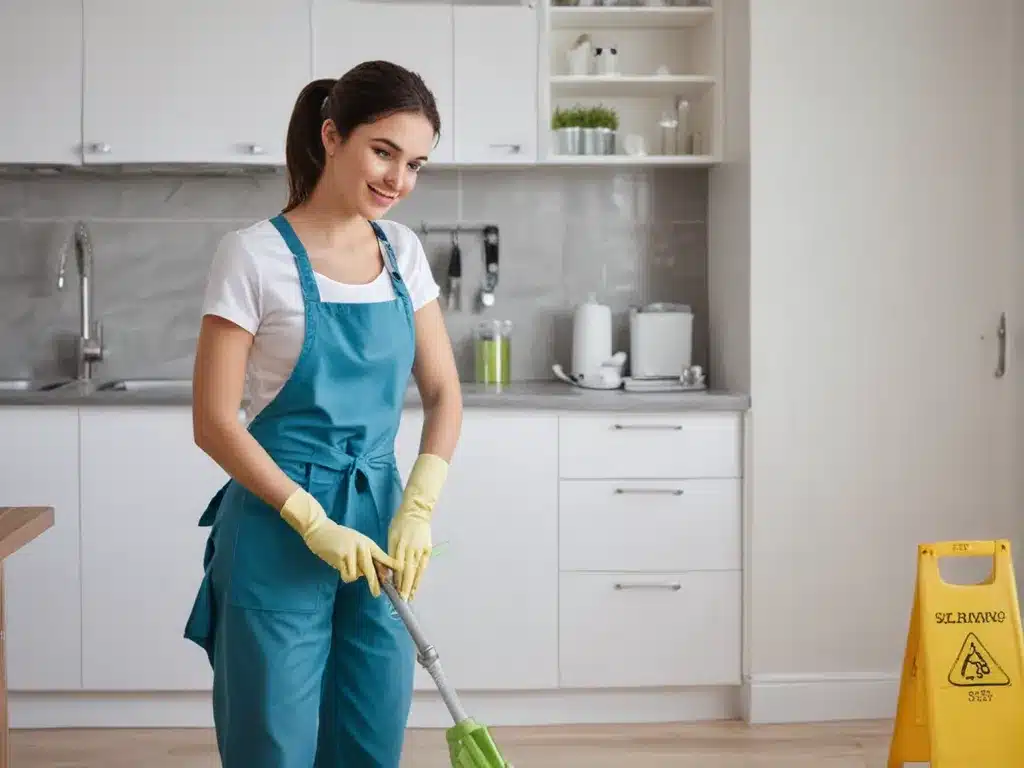Introduction
Keeping a home clean can be expensive, especially if you hire professional cleaners. However, with some planning and effort, you can get the most out of your cleaning budget. Here are my best tips and strategies for saving money on house cleaning while still keeping your home fresh and tidy.
Evaluate Your Cleaning Priorities
The first step is deciding what tasks are essential and what you can skip or reduce.
- High priorities: Surfaces like counters, sinks, and toilets that collect germs should be cleaned often. Vacuuming high-traffic areas helps keep dirt under control.
- Lower priorities: Dusting decorative items or washing windows less frequently saves time and money.
Focus your time and budget on high-priority tasks first.
DIY Versus Hiring a Cleaner
Doing all the cleaning yourself is cheapest, but very time consuming. Hiring a cleaner costs more but frees up your time.
Consider your budget, schedule, and willingness to clean when deciding between DIY and professional cleaning. A balance of both can maximize savings and results.
Supplies and Tools
Using the right supplies makes cleaning faster and easier. Avoid expensive brand-name cleaners – generic versions work just as well for far less money.
Invest in high-quality cleaning tools like microfiber cloths, a good mop and vacuum, and a scrub brush. They’ll last longer and perform better than cheap versions.
Use Eco-Friendly Cleaners
Many eco-friendly cleaners like baking soda, vinegar, and lemon juice effectively remove dirt, stains, and grime for just pennies per use. They also avoid the health and environmental risks of harsh chemicals.
Make your own cleaners when possible. There are many simple DIY cleaner recipes online using inexpensive, non-toxic ingredients.
Schedule Efficiently
Group cleaning tasks together by area or type for faster completion. For example:
-
On bathroom cleaning day, scrub the toilet, wipe down the sink and counter, clean the mirror and flooring, etc.
-
Schedule dusting all surfaces in the living room on the same day.
Cleaning efficiently in one room or zone at a time saves repeated trips and setup time.
Only Buy What You Need
It’s tempting to buy every new cleaning product or tool that promises better results. But specialty products are rarely worth their high cost for the average home.
Before buying:
- Evaluate if you really need that item.
- Compare prices – don’t assume a higher price means better quality.
- Start with smaller sizes or trial offers to test a new product.
Hire Smart
If hiring a cleaner, shop around and get quotes to compare rates. Ask about discounts for regular or recurring service.
Provide your own supplies to avoid markups. Give clear instructions on what tasks are most important. Be flexible – weekday or off-peak cleanings often cost less.
Maintain As You Go
Daily maintenance like wiping surfaces, sweeping floors, and cleaning spills takes just minutes but keeps your home constantly ready for deeper cleaning.
It prevents dirt and grime from building up in the first place, so heavy-duty cleaning is needed less often.
Conclusion
- With some planning, effort, and smart supply purchases, you can maximize your cleaning budget.
- Focus on high-priority tasks, use eco-friendly DIY cleaners, buy only essential products, and maintain as you go to increase savings.
- Hiring a professional cleaner for labor-intensive jobs can be worthwhile if you shop around for fair rates.
- A little strategic effort goes a long way towards keeping any home fresh and clean on a budget!







